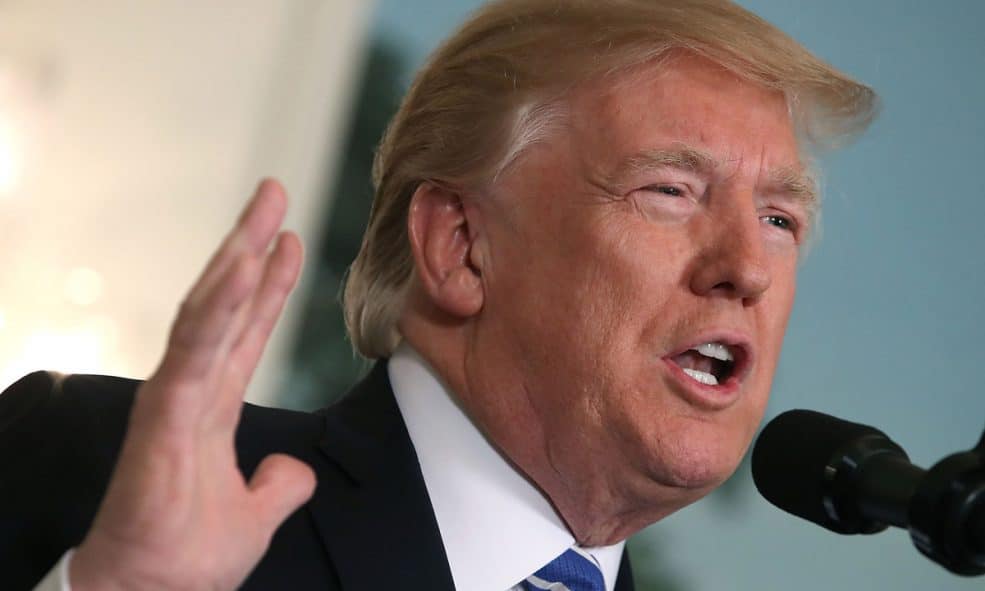PEORIA, Ill. (WEEK) –The use of legalized marijuana could be in jeopardy after U.S. Attorney General Jeff Sessions reversed regulations from the Obama era Thursday.
Current federal marijuana policies aren’t being fully enforced, allowing pot businesses for recreation and medical use to flourish.
The move essentially shifts federal policy from a previous hands-off approach to one that gives power to federal prosecutors across the country, allowing them the freedom to decide individually, how to divvy up resources to crack down on pot possession, distribution and sale. Even in states where the plant is already legal.
Illinois is one of 29 states where medical marijuana isn’t against the law, and those who need it, say they’re grateful for the option.
Ian Keime, a Medical Assistant for a private practice in Peoria says “A lot of people are starting to look at medicine with a raised eyebrow.”
Adding to that, Keime states people with all sorts of chronic illnesses depend on cannabis to cope. “Cancer patients…patients with immune systems compromised. They need it because it actually boosts your immune system.”
But local law enforcement officials see marijuana as a crippling agent.
Illinois Republican Congressman Darin Lahood offered his opinion on the matter Thursday during an interview. “I think that it’s not good for our young population, the effect it has on the brain.”
That’s one reason why Illinois Republican Congressman Lahood says he applauds the action the attorney general is taking to maintain federal law.
But Keime says the stigma associated with marijuana – that it’s an herb and purely smoked for fun – is close minded and likely contributes to why the united states attorney general wants it outlawed.
“That’s how it’s been portrayed. You know getting high, relaxing, falling back, doing nothing. Getting stoned with your friends basically. People aren’t getting stoned. That’s not the purpose of it.” Keime said, hoping to clarify what he says is a false picture painted of all marijuana users.
Congressman Lahood’s perspective leaves room to accept that claim, but only to a point.
Lahood went on to explain “Medical marijuana in certain instances…I know there’s some applicability for that with young children that have epilepsy and some other areas like that, but recreational uses or decriminalizing it…I don’t think that’s good for our society.”
Keime, however, fears that if law officials decide to penalize marijuana dispensaries altogether, it could hurt people who depend on the drug for relief and could even force them to resort to other options such as addictive opioids.
“The pain path, it’s just a road that leads straight down. There’s no coming back up.” said Keime.
There’s no answer yet as to what the next course of action will be, nor is there a set date on when the memo from Attorney General sessions, will take on the form of arresting people or closing facilities, if even at all.
Several medical marijuana dispensaries in the Central Illinois area say they’ll take a backseat approach until they receive directives from the state on how to proceed, but some are still worried, they’ll soon be targeted by law officials and shut down.
credit:week.com










